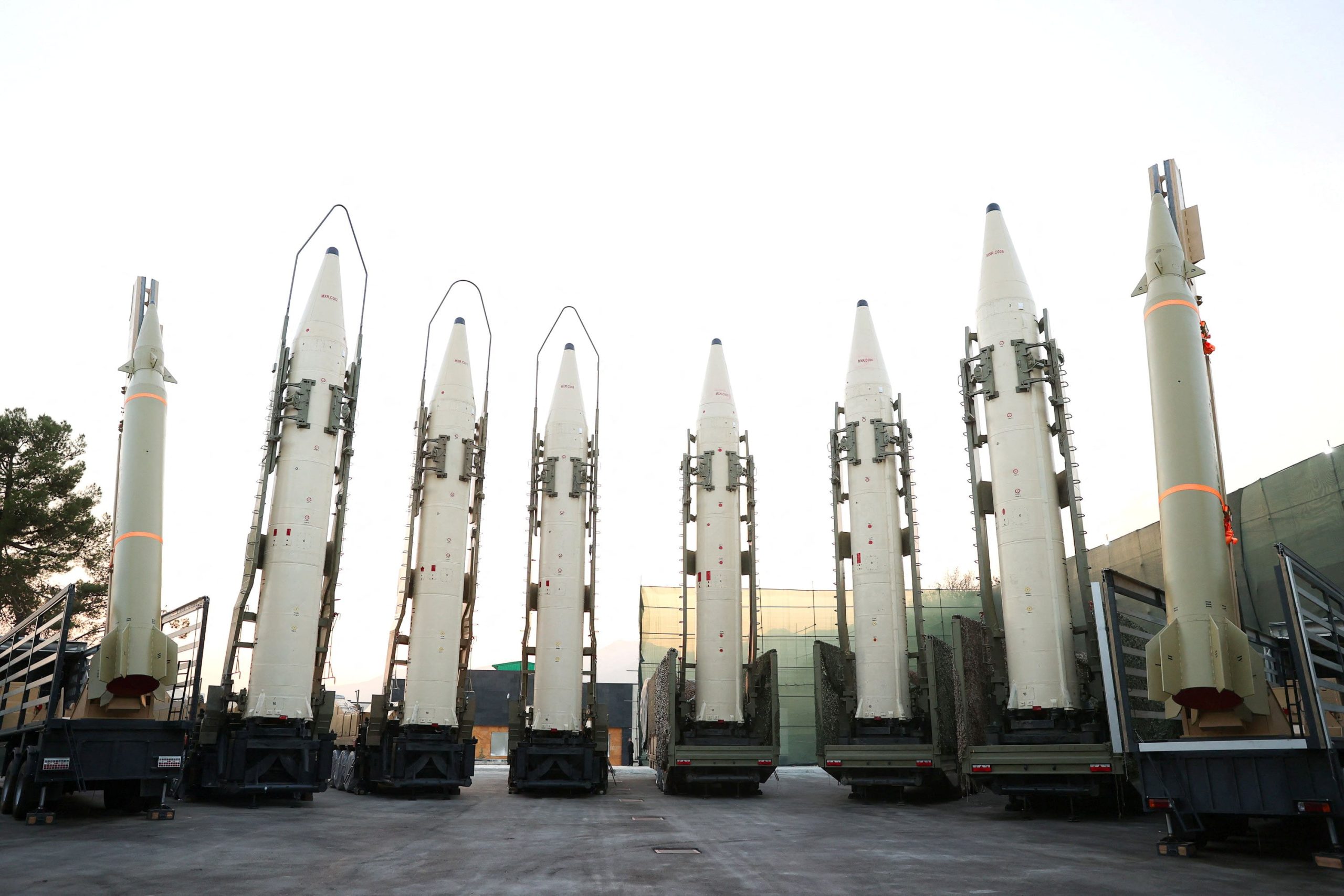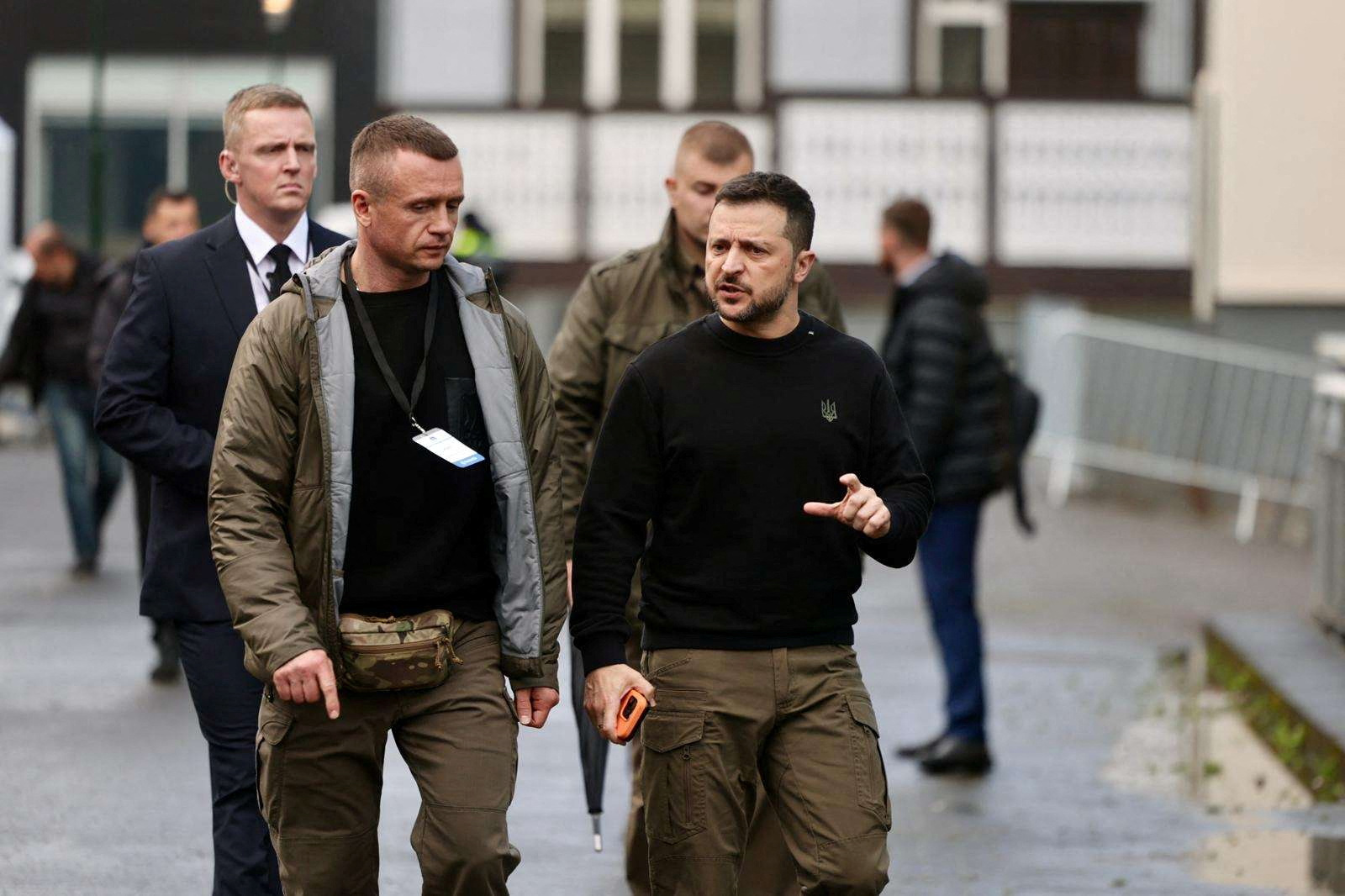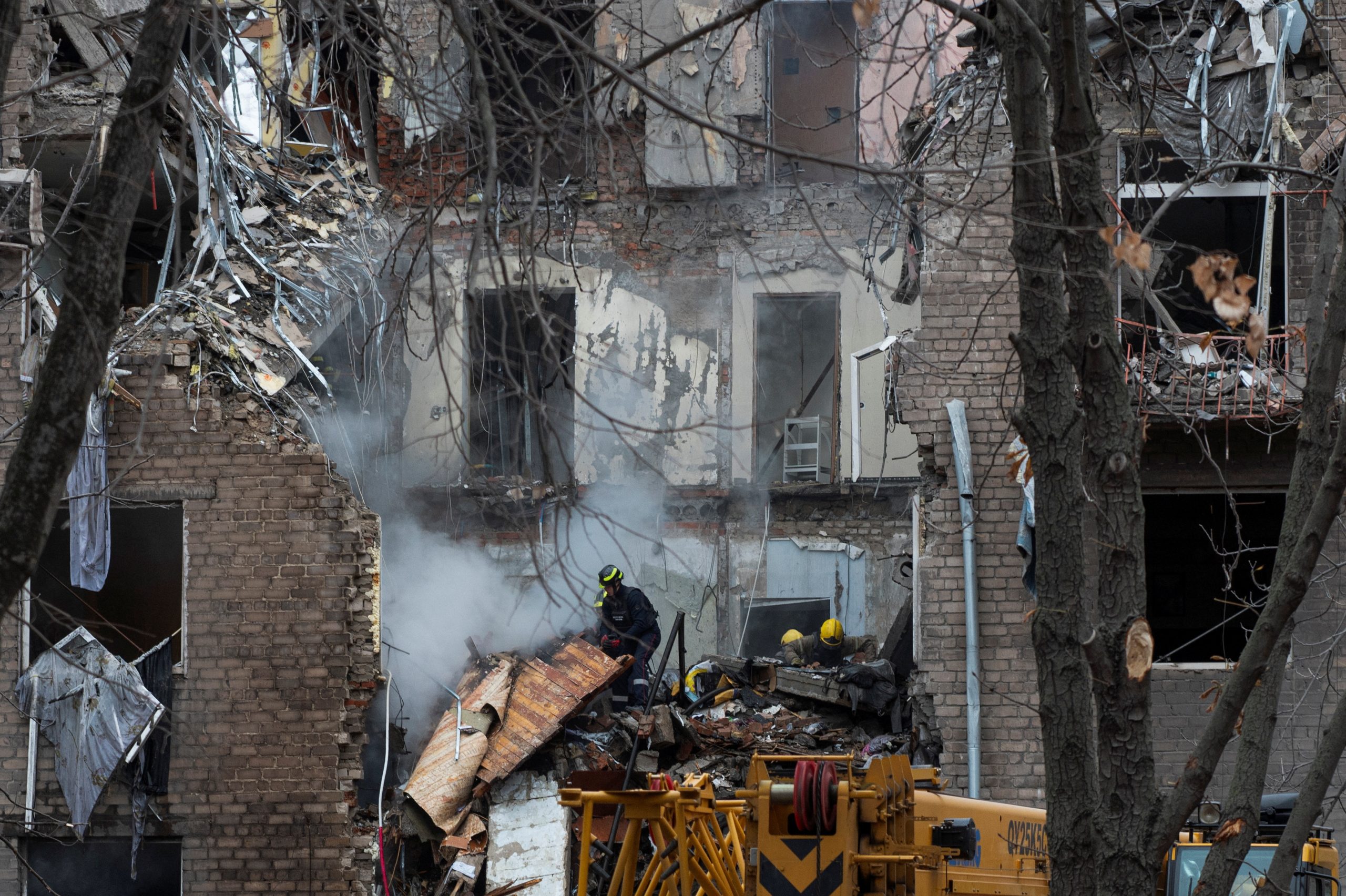Iran’s defense minister declared that Israeli airstrikes across the country last week have not hampered its missile production capabilities, dismissing any impact on Iran’s defense infrastructure. “There has been no interruption in the process of producing offensive systems such as missiles,” said Defense Minister Aziz Nasirzadeh, firmly countering claims of Israeli success. “The enemy tried to damage both our defensive and offensive systems,” Nasirzadeh added, insisting that Tehran’s missile programs remain fully operational.
The strikes, which Israel has celebrated as a tactical achievement, reportedly targeted multiple high-security sites linked to Iran’s ballistic missile and rocket production. Satellite images from international monitors show significant structural damage at four key locations, including one site that has connections to Iran’s nuclear development history.
Tehran Dismisses Satellite Evidence of Damage
Satellite imagery, which surfaced earlier this week, revealed visible damage at strategic sites across Iran, allegedly impacting facilities crucial for ballistic missile production. The before-and-after analysis shows four buildings at these sites with clear signs of damage, raising questions about the Iranian defense ministry’s statements. However, Tehran maintains that its capabilities remain intact, with Nasirzadeh downplaying the effectiveness of the strikes.
Despite Israel’s claims of successfully undermining Iran’s military assets, Iranian officials have sought to project strength, asserting that their defense and offensive systems continue unaffected. “Iran’s missile production remains fully prepared for any necessary defense,” Nasirzadeh stated, further underscoring the nation’s defiance.
A Regional Power Struggle Intensifies
The strikes are part of Israel’s broader strategy to curtail Iran’s missile and military capabilities, viewing Tehran’s ballistic and nuclear ambitions as a direct threat to regional stability. Israel has long held that Iran’s missile sites pose a risk not only to Israel but to the greater Middle East. The recent series of airstrikes underscores Israel’s commitment to a policy of proactive containment of Iranian influence.
The back-and-forth between Tehran and Tel Aviv highlights the heightened tensions between the two regional powers, each adamant in their stance. As Tehran continues its military activities despite the pressure, the Middle East faces ongoing volatility that could escalate at any moment.
Will Iran’s dismissal of the strike damage embolden its regional agenda, or is Israel’s campaign a sign of mounting pressure on Tehran’s military ambitions?
Sources for this article include statements from Iranian defense officials and satellite imagery analyses.
















